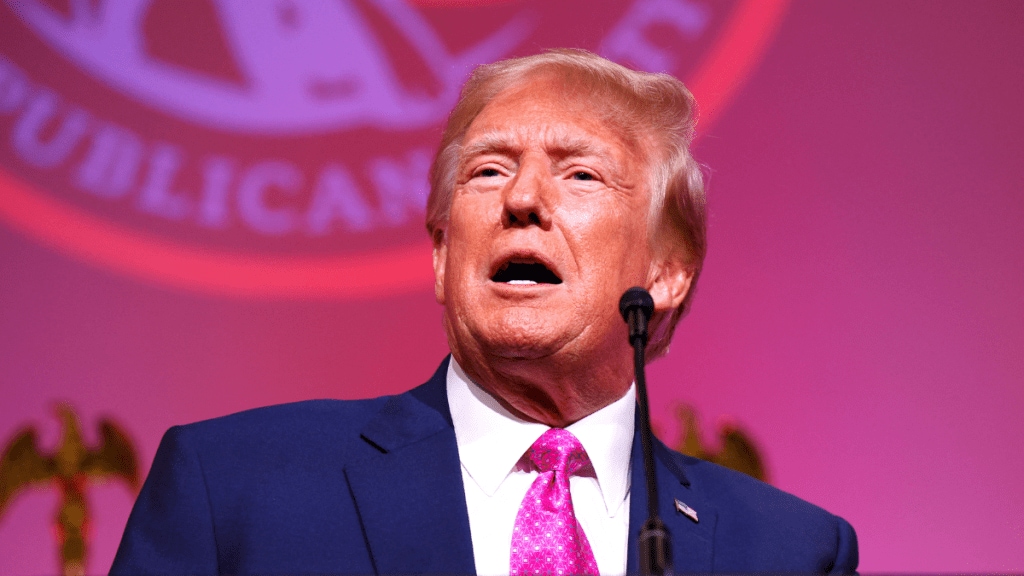Donald Trump indicated on Monday that his 50-day ‘deadline’ for Russia would be shortened significantly amid growing frustration with Russian President Vladimir Putin. The US leader also warned that secondary sanctions could be rolled out within a few days if a deal was not reached. Trump has outlined a new deadline of ’10 to 12 days’ for Moscow to accept a new ceasefire with Kyiv. Secondary sanctions would impact several countries — including India — for continuing to trade with Russia.
‘No reason to wait’
“I’m going to make a new deadline of about ten or twelve days from today. There’s no reason to wait… I want to be generous, but we just don’t see any progress being made,” Trump told the media during an interaction in Scotland.
A final decision is likely to be taken by tomorrow — with Trump warning that secondary sanctions would be implemented “unless we make a deal”. The POTUS also insisted that he was no longer interested in taking to Putin.
India to face secondary sanctions?
Trump has repeatedly broached the possibility of secondary sanctions against Russia in recent days amid efforts to end the Ukraine war. The assertions were also echoed by NATO Chief Mark Rutte, who urged Indian leaders to “make the phone call to Vladimir Putin” earlier this month. Meanwhile the European Union has unveiled new punitive measures targeting the Russian energy sector this month — including restrictions on the Vadinar refinery in Gujarat.
Secondary sanctions are essentially levies that will impact countries that conduct transactions with Russia. This is likely to impact India as a major buyer of Russian oil — with nearly 35% of overall supplies coming from the country during the first half of 2025. Indian refiners had ramped up their purchases as Europe and the US shunned Russian crudes in 2022 and triggered deep cargo discounts. These were refined to produce fuels such as diesel before being resold to Western customers.
The Ministry of External Affairs, however, insists that securing energy needs was an “overriding priority” for the country — guided by available offers and the “prevailing global circumstances”. Meanwhile, Union Minister Hardeep Singh Puri said earlier this month that he was “not worried at all” and assured that India would secure alternative if necessary.
(With inputs from agencies)

